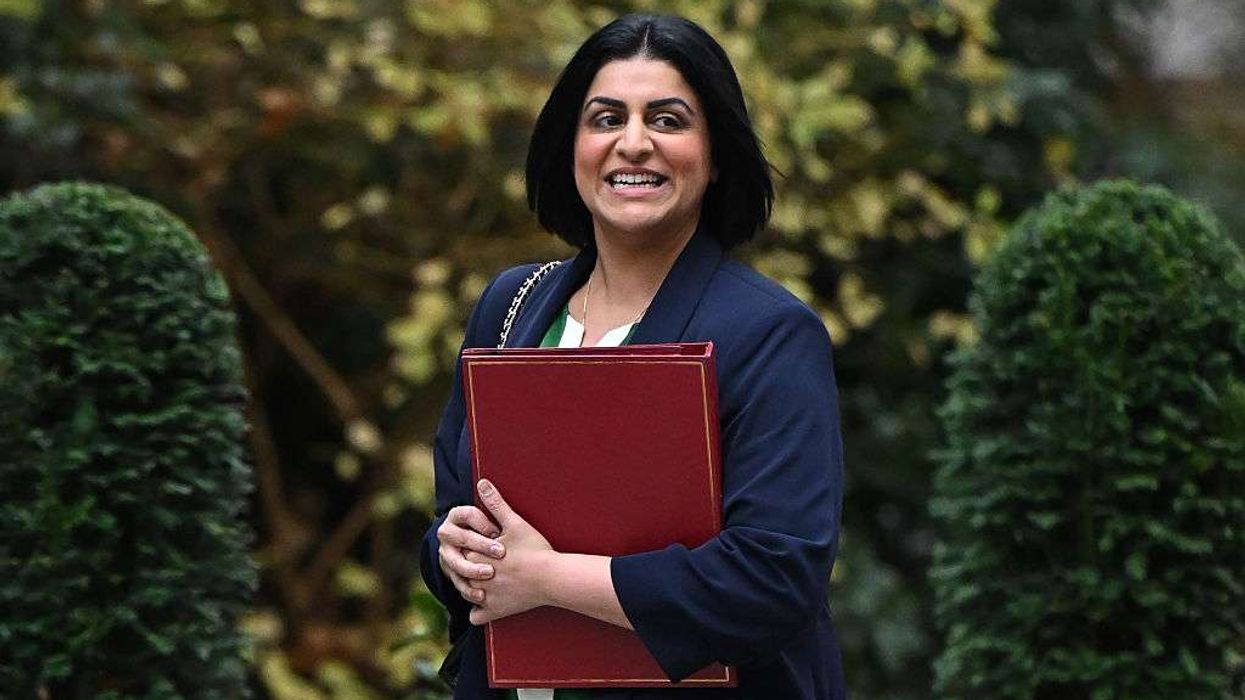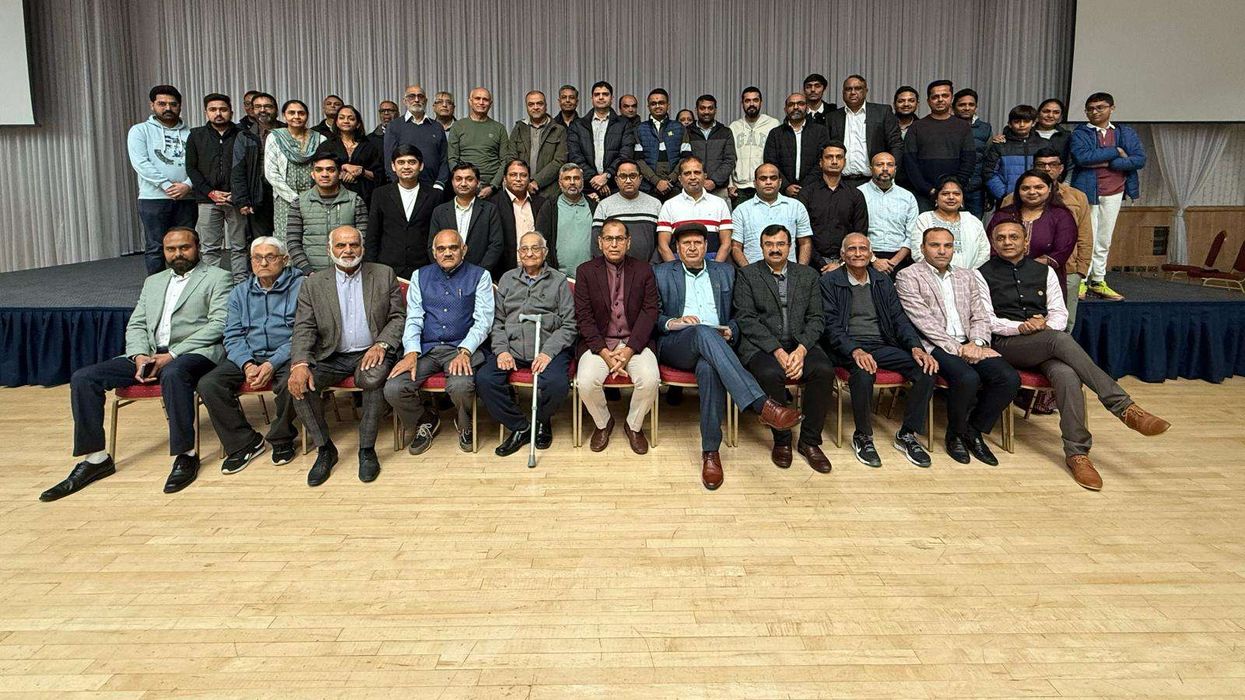by LAUREN CODLING
A SCHEME designed to help Muslim women reach senior levels in mosques has been praised by a participant, who said she hopes it encourages others to aspire for future leadership roles.
The Women in Mosques Development Programme is tailored to support female leaders who wish to find roles in mosque boards or managerial positions.
Organised by the Muslim Council of Britain (MCB), it offers a chance for women to help develop skills which could benefit them in senior positions, such as public speaking training and event planning.
Launched on March 7, and intended to coincide with International Women’s Day (March 8), the initiative urged Muslim women to apply for the scheme.
Maysoon Shafiq, 33, is one of 20 women who was chosen for the plan earlier this year.
The six-month training, which will finish this month, has been pivotal in helping Shafiq gain confidence to apply for a higher role in a mosque.
“As a woman leader, [the programme helps you] feel confident enough to put yourself forward in the position,” she told Eastern Eye. “Should a situation arise where the application process opens in the mosque, it means you feel prepared.”
Some organisations have already raised concerns about a lack of equality within mosques and demanded females have more of a role in decision making bodies.
The Scottish Mosques for All launched a campaign in August calling for equal prayer space and more women being present as mosque trustees or at a managerial level.
In 2015, the Muslim Women’s Council in Bradford announced it was hoping to raise money to help set up a women-led mosque.
Shafiq, who acknowledged the lack of female representation in boards or management committees, hopes the pilot scheme will raise aspirations for mosques to appoint more women in senior roles.
“There has never been such a programme solely for women,” she noted.
“It appealed to me because there is a definite lack of female leaders [in mosques].”
Shafiq has a legal background, having worked in the sector for 10 years, and has also obtained teaching qualifications including a PGCE. Using her prior experience, she is currently teaching at her local mosque in Huddersfield, west Yorkshire.
However, she was concerned that this role could pigeonhole her opportunities.
“I just teach in the mosque, but I think I want to take it further,” she said. “I don’t want to limit myself because you do need more leaders in mosques.”
The women are also offered one-to-one mentoring opportunities. They can speak regularly to their mentors, who can be community leaders or part of a management committee, and can provide guidance if needed.
Amanda Morris, a mentor on the programme, was appointed as a committee member of Dar ul-Isra mosque in Cardiff three years ago. Her main role is as head of new Muslim support.
She told Eastern Eye that the most rewarding part of her experience as a mentor was seeing the women she worked with grow in confidence.
“My mentee is an amazingly qualified and capable individual, with a wealth of experiences, but the barriers we may face as women means we often grow to doubt our own skills,” Morris said.
“Mentoring is helping women to overcome these self-doubts and believe in their own abilities.”
She added her belief that the programme would give many women the drive to succeed.
There was still much to be done with creating opportunities, Morris explained, but by showcasing mosques and other organisations as examples of best practice, a cultural shift can be encouraged.
When questioned about the changing attitudes in the 21st century about women in mosques, Shafiq referred to the women in the time of the Prophet Muhammad. His wife Aisha was represented as a role model and was a leader in a mosque, she said.
“If we look at the periodic times, women in mosques was the norm and now it isn’t,” Shafiq revealed. “It is a privilege to have MCB really instill that. It is great to get more women involved.”












